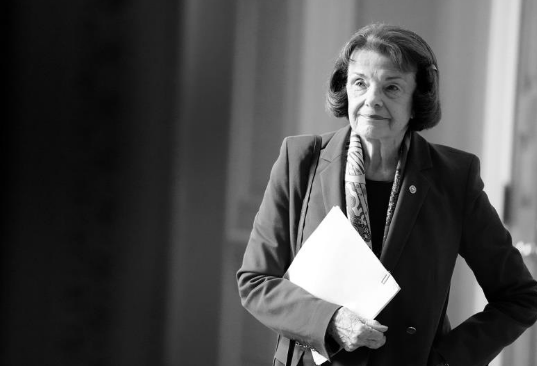As well as tougher scrutiny of investments in the US’ burgeoning space sector, influential US Senator Dianne Feinstein, who served as chair of the Senate Select Committee on Intelligence (SSCI) for six years, introduced a bill to strengthen the intelligence community’s oversight of the sector earlier this month. The bill was presented to the Senate’s Committee on Commerce, Science, and Transportation.
Feinstein, the Democratic Senator for California, the cradle of America’s new space industry, is proposing the establishment of a Space Technology Advisory Committee (STAC) at the Federal Communications Commission (FCC), which regulates the sector in the US.
Checks on licence holders
The STAC, whose members would include a representative of the Office of the Director of National Intelligence (ODNI), the Deparment of Defense (DoD) and the Department of Homeland Security (DHS), would examine licences awarded by the FCC to new space companies for commercial spaceports, rocket launchers and observation and communications satellites, to see if their capacities – or their shareholders – might pose a threat to national security. If that was found to be the case, the FCC could immediately withdraw the licence.
While America’s new space industry was initially opened up to investors, sector insiders in Washington feel that it is time to for the government to take control of the multiplicity of companies that are now involved, particularly in the light of rivalry with China. There have been some limited changes, such as the introduction of an evolving classification system by the Commercial Remote Sensing Regulatory Affairs (CRSRA) in the observation sector. However the view is that more needs to be done. The large number of players involved, the technical nature of the subject matter and the sectors the industry touches upon mean the FCC, the National Oceanic and Atmospheric Administration (NOAA) and the Federal Aviation Administration (FAA) cannot keep up.
In addition, intelligence also wants to return to the system because the agencies fear that the FCC will focus solely on the large space operators (SpaceX, Boeing, Astra), to the detriment of monitoring the smaller observation and interception files. Yet the latter are much more decisive in the competition with China and Russia.
SEC and FBI represented
In a sign of the multidisciplinary approach now favoured, the STAC would be advised by officials from the State Department, the Treasury, the Securities and Exchange Commission (SEC) and the FBI, as well as an envoy of President Joe Biden’s National Security Advisor (NSA), Jake Sullivan. The move to establish the STAC at the Department of Commerce also illustrates how important the department has become in US space policy, which was once the preserve of the Pentagon and NASA.
The Department of Commerce has an increasingly important seat on the White House’s National Space Council (NSC). During the Trump administration the White House also created the Office of Space Commerce to help the sector grow, an approach that the Biden administration has continued to follow.








































admin in: How the Muslim Brotherhood betrayed Saudi Arabia?
Great article with insight ...
https://www.viagrapascherfr.com/achat-sildenafil-pfizer-tarif/ in: Cross-region cooperation between anti-terrorism agencies needed
Hello there, just became aware of your blog through Google, and found ...